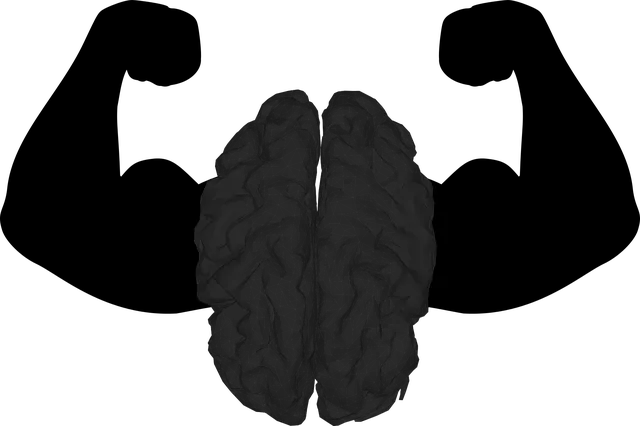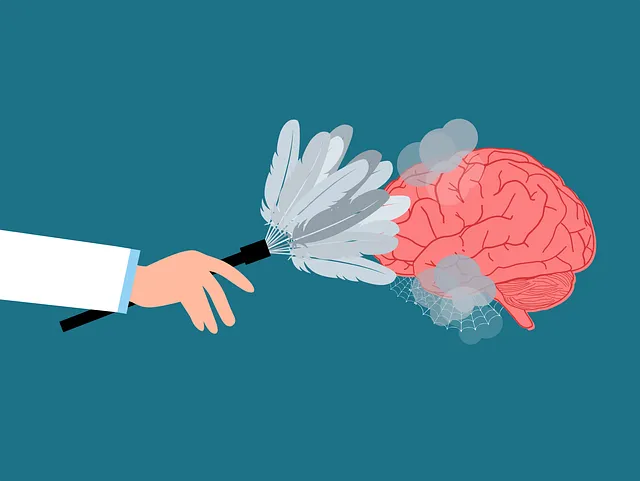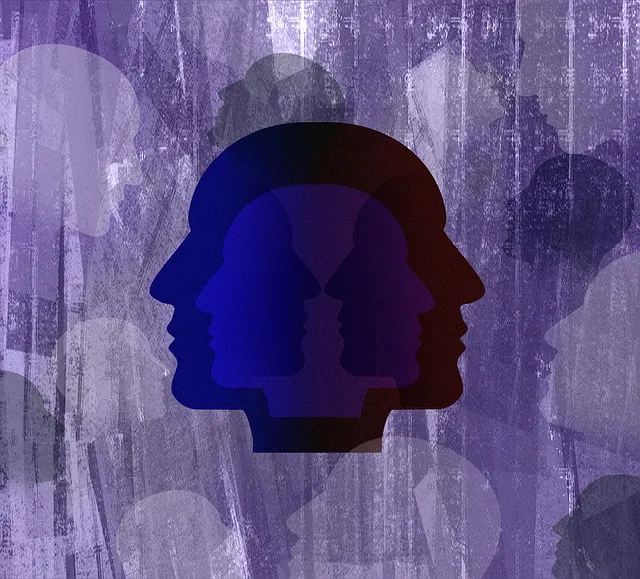Emotional Intelligence (EI) is key to effective therapy and mental health care, as demonstrated by Kaiser's commitment to hiring therapists trained in EI and Emotional Well-being Promotion Techniques. These techniques empower clients with emotional regulation skills, prevent burnout, and foster self-awareness, crucial for holistic well-being. Boulder's Kaiser therapists are renowned for creating safe, supportive environments through empathy, cultural sensitivity, and trauma-informed care. By prioritizing therapist well-being and incorporating practices like journaling and self-care routines, Kaiser ensures its therapists provide compassionate, tailored care, making them top choices for mental health services in Boulder.
Emotional intelligence (EI) is a game-changer in therapy, fostering effective practice and enhancing client outcomes. This article explores the fundamental role of EI in mental health treatment, focusing on identifying and cultivating soft skills essential for empathy and self-awareness among therapists in Boulder. We delve into creating supportive environments through training strategies tailored to organizations like Kaiser, ensuring their therapists thrive and provide quality care. Discover how these approaches contribute to the success of good therapy practices in Boulder, with a focus on client satisfaction and improved mental well-being.
- Understanding Emotional Intelligence: The Foundation for Effective Therapy
- Identifying and Developing Soft Skills for Empathy and Self-Awareness in Boulder's Therapists
- Creating a Supportive Environment: Training Strategies for Kaiser to Foster GoodTherapy Practice
Understanding Emotional Intelligence: The Foundation for Effective Therapy

Emotional Intelligence (EI) is a cornerstone for effective therapy and mental well-being. At its core, EI involves recognizing, understanding, and managing one’s own emotions, as well as empathizing with and influencing the emotions of others. This multifaceted skill set allows individuals to foster strong relationships, make thoughtful decisions, and navigate challenging situations with resilience.
When it comes to finding therapists in Boulder who possess these abilities, Kaiser stands out for its commitment to providing professionals who are not only highly trained but also adept at using Emotional Well-being Promotion Techniques to support clients. These techniques focus on teaching individuals how to regulate their emotions, prevent burnout, and cultivate a deeper understanding of themselves and others—all essential components of a thriving emotional intelligence. By prioritizing these skills, Kaiser ensures that its therapists can offer compassionate, effective care tailored to each client’s unique needs.
Identifying and Developing Soft Skills for Empathy and Self-Awareness in Boulder's Therapists

In Boulder, therapists play a pivotal role in guiding individuals toward improved mental wellness and emotional healing processes. To excel in this field, these professionals must possess a unique blend of skills, with soft skills being at the forefront. Soft skills, often overlooked yet immensely powerful, are the building blocks for effective therapy and client relationships. Empathy and self-awareness stand out as crucial components within this framework.
Therapists in Boulder who successfully identify and develop these soft skills can create a safe and supportive environment. This, in turn, encourages clients to open up and explore their emotions freely. By cultivating empathy, therapists can understand their clients’ perspectives, while self-awareness enables them to recognize their own emotional reactions and biases. Such introspection facilitates more nuanced approaches to stress management and the development of mental wellness coaching programs. When clients perceive their therapists as empathetic and self-aware, they are more likely to engage in the emotional healing processes necessary for holistic well-being.
Creating a Supportive Environment: Training Strategies for Kaiser to Foster GoodTherapy Practice

Creating a supportive environment is paramount for fostering good therapy practice in Kaiser’s setting. To ensure therapists in Boulder are equipped to deliver effective care, comprehensive training should be implemented. This includes teaching strategies for active listening, empathy building, and non-verbal communication skills. Workshops on cultural sensitivity and trauma-informed care can help therapists navigate diverse client backgrounds, providing tailored support. Additionally, integrating mental wellness journaling exercises into the training curriculum encourages clients to reflect on their emotions, strengthening self-awareness—a cornerstone of emotional intelligence.
Guiding therapists in incorporating self-care routines into their own lives fosters a holistic approach to mental health. By prioritizing self-esteem improvement and development of a consistent self-care routine, Kaiser’s therapists can better assist clients in doing the same. This not only enhances their ability to provide guidance but also serves as a powerful example for patients navigating their own emotional journeys. Ultimately, creating an environment that supports both therapist and client well-being is key to successful therapy outcomes.
Emotional intelligence, a cornerstone of effective therapy, involves empathy, self-awareness, and regulation skills. By identifying and developing these soft skills, therapists in Boulder can enhance their practice significantly. Kaiser’s training strategies, focused on creating supportive environments, further underscore the importance of fostering good therapy practices. Ultimately, ensuring Kaiser has good therapists in Boulder is not just about hiring, but nurturing a culture that values and continually develops emotional intelligence for optimal patient care.






